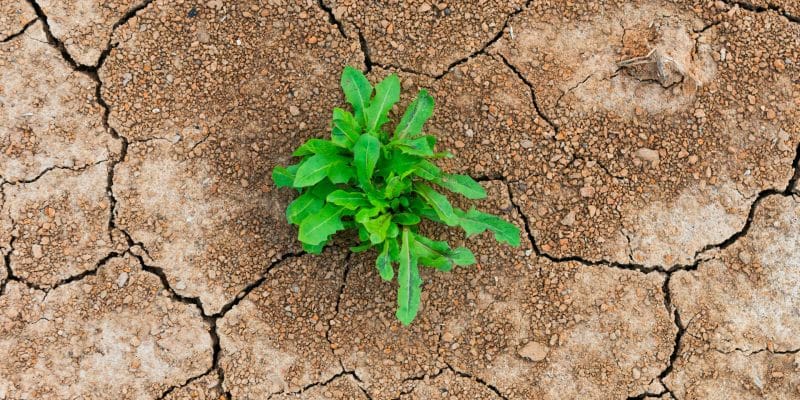In Togo, degraded land represents up to 4% of the national territory. In order to restore it without compromising local economic activities, the Togolese authorities have decided to equip some twenty agricultural cooperatives in the Kara and Savanes regions.
Togo loses almost 24,000 hectares of land every year. According to the United Nations Environment Programme (UNEP), this situation is exacerbated by demographic pressure, vegetation fires set by the population to obtain charcoal and wood for cooking, and the use of pesticides in agriculture. To remedy the situation, the Togolese government has launched a number of initiatives, including the Sustainable Management of Semi-arid Lands and Ecosystems project, the first phase of which has been underway since 2022.
As part of this initiative, which essentially targets northern areas, at least 22 agricultural cooperatives in the Kara and Savanes regions have just received material support. These include watering hoses, sprayers, boots, gloves, nursery bags and tricycles. Financed to the tune of 110 million CFA francs (just over 167,000 euros) by the UNDP, this equipment should help optimize soil productivity and promote biodiversity conservation.
The aim is to “strengthen the capacity for environmentally sustainable income generation in identified target areas through nature-based activities with high potential for enhancing women’s resilient economic development, in particular by improving value chains for agricultural and agroforestry products in order to preserve local livelihoods“, says the UN agency. The restoration of the land goes hand in hand with the economic development sought by the Togolese government.
Read also- Global Green Growth Institute: Togo’s membership finally approved in Seoul
As a reminder, the Sustainable Management of Semi-Arid Lands and Ecosystems project is financed to the tune of 5.4 million dollars by the Global Environment Facility (GEF). At the same time, the West African country, with the mobilization of local elected officials and civil society, is pursuing its annual reforestation program. It aims to plant 14 million trees between June 2023 and June 2024 on 11,000 hectares of degraded land.
Benoit-Ivan Wansi





